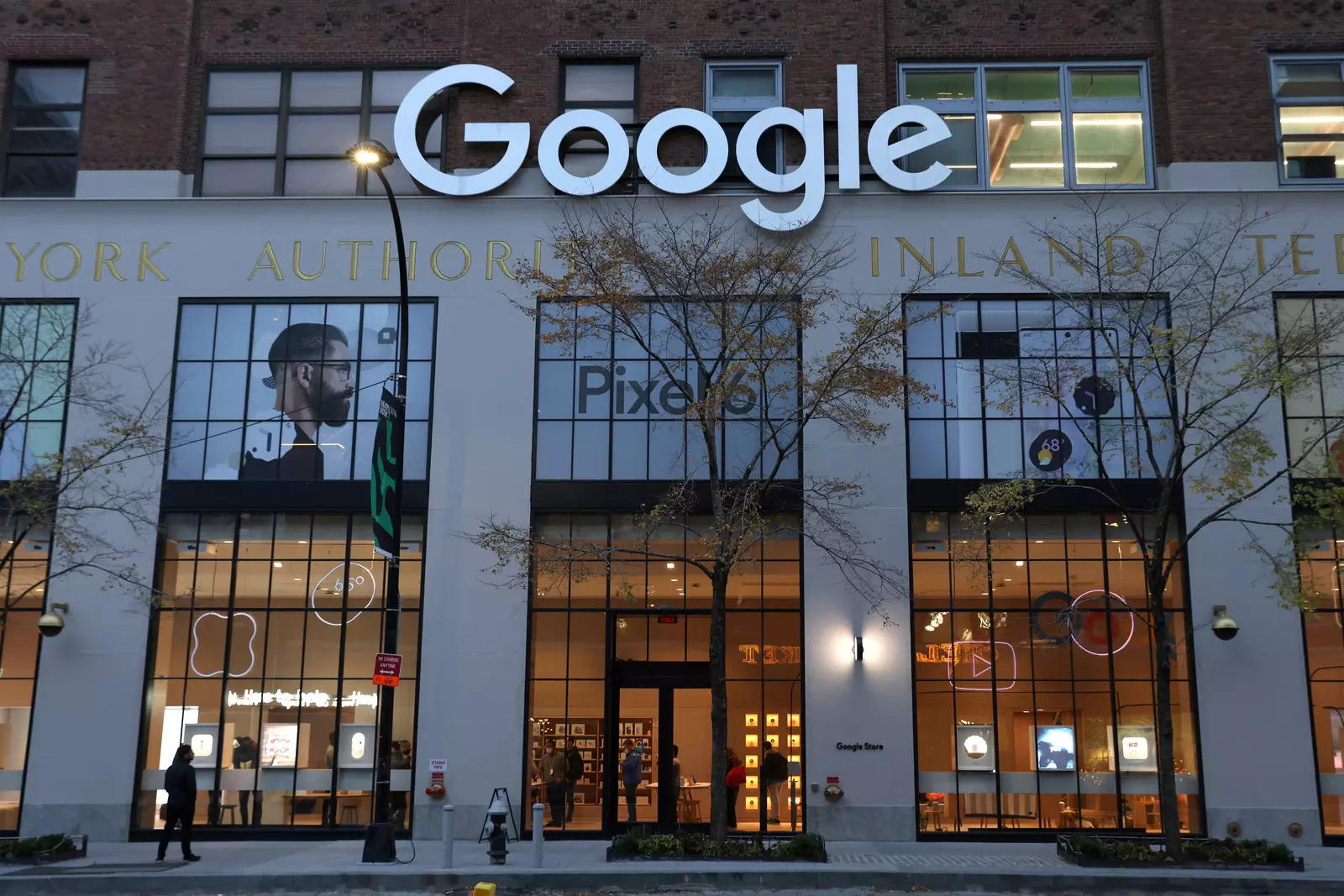Alphabet Inc., the parent company of Google, underperformed market expectations for quarterly revenue on Tuesday as a result of advertisers’ reduced spending due to the slowing economy. Fears that customers will cut back on spending as they deal with rising interest rates and out-of-control inflation have put pressure on the global market for internet advertising, forcing companies such as Snap Inc. to issue a revenue growth warning. Alphabet’s stock decreased 2.5% in after-bell trade.

Alphabet Inc. is a holding company for an American multinational technology giant with its corporate headquarters in Mountain View, California. Google undertook a reorganization on October 2, 2015, Google undertook a reorganization that led to its formation. As a result, Google and countless earlier Google companies became a part of it. Alphabet is one of the most valuable companies and the third-largest technology organization in the world by revenue. It is one of the Big Five American information technology companies, along with Amazon, Apple, Microsoft, and Meta.
The creation of Alphabet Inc. was motivated by a desire to give group firms with activities outside of Internet services more autonomy while making the core Google business “cleaner and more accountable.” In December 2019, the company’s founders, Larry Page and Sergey Brin, announced their resignation from their leadership positions. Sundar Pichai, who is also the CEO of Google, will take over as CEO. Alphabet Inc. continues to employ Page and Brin, as well as have them on its board and as its majority owners.
Alphabet criticized advertisers’ declining YouTube spending, said Google’s financial services expenditure was cooling, and announced intentions to reduce hiring by more than half.
The unfavorable outcomes dashed many hopes that Google, the largest digital advertising platform in the world by market share, would maintain its strength in a faltering economy. They also fuelled concerns on Wall Street that inflation will continue to depress advertising expenditure. The IT industry experienced inflation fears last week as a result of smaller rival Snap Inc.’s slower-than-ever sales growth rate, which temporarily reduced the market value by $40 billion.
Alphabet’s chief financial officer, Ruth Porat, attributed the slowdown in total advertising income to the previous quarter’s “extremely good performance” and noted that some advertisers’ reduced ad spending was the cause of decreased YouTube ad sales.
According to Alphabet, businesses that provide financial services like insurance, mortgages, and cryptocurrency reduced their ad spending. Google Search’s ad income increased thanks to travel and retail sponsors.
The online search juggernaut Alphabet posted third-quarter results and revenue that were worse than anticipated, sending its shares down more than 6%. In contrast to Wall Street’s $1.25 forecast, it reported earnings per share of $1.06.
In the third quarter, Google’s advertising income was $54.48 billion, down from $53.13 billion the year prior but still higher than analysts had anticipated. The operating margin for the company decreased from 32% in the previous year to 25% in the third quarter.
Compared to nearly 41% in the same period a year prior, the Google parent’s quarterly revenue increase was only 6%, while the YouTube subsidiary had its first-ever decline in advertising revenue. In comparison to the third quarter of last year, the video streaming service made less than $7.1 billion in sales. Strategists believe that YouTube’s failure to meet its goals could be detrimental to the prospects for digital ad revenue for other tech companies.
Due to the fact that it was “not immune to economic headwinds,” the tech giant said in July that it would slow the pace of hiring for the remainder of the year. In the third quarter, the company hired 12,700 individuals, and it anticipates hiring fewer than half that number in the fourth.
From $5 billion a year earlier, Google Cloud’s revenue increased to $6.9 billion during the quarter.
Alphabet CEO Sundar Pichai stated on a conference call with analysts that the business would continue to assess its projects and make “course corrections” as necessary. He said that times like this are clarifying.













